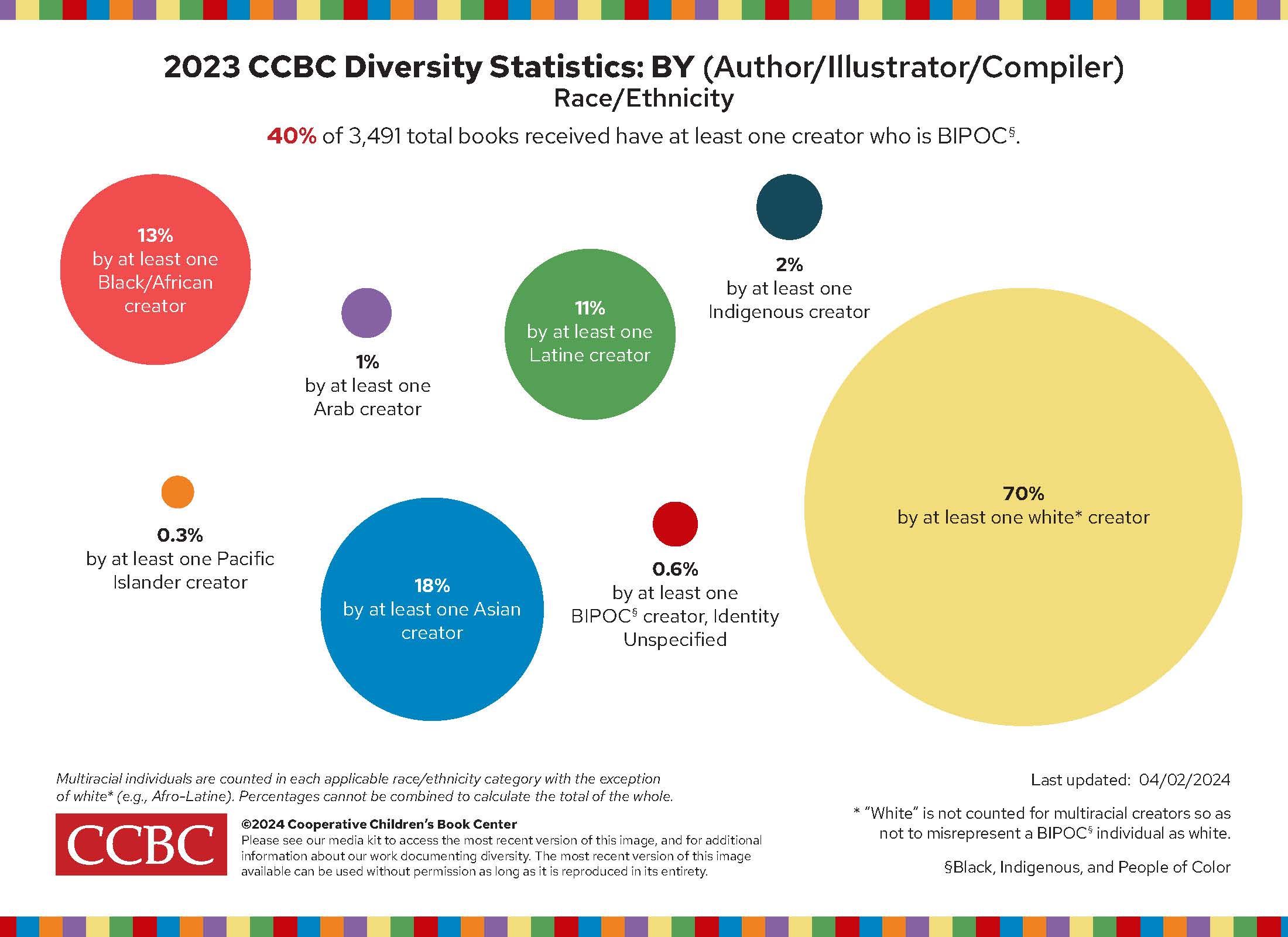SCROLL DOWN TO READ THE POST
Oh, All That Annoying Movie Marketing: A Chat with Critic Eric D. Snider

I’m convinced that the main reason some people are so turned off by the summer blockbusters that are now bombarding the Northern Hemisphere has little to do with the movies themselves. Rather, consumers (even those who consider themselves movie buffs) are reacting to the mega-marketing machines behind these tent-pole pictures. And it’s not even the marketing per se: many of us love trailers and artfully designed posters, and often wish that the end products could live up to their promise.
No, instead it’s the kind of meaningless, self-important, or crass efforts that film journalist Eric Snider so perfectly captures in his recent article for Film.Com, “The 8 Most Annoying Movie Marketing Tactics.” I immediately recognized many of these (as will you), and thought of a few more myself; for example, I particularly dislike the cross-promotional ads that mash up pro sports and upcoming releases of the type that recently ran during the NBA playoffs for Man of Steel and White House Down. To me they somehow manage to dumb down both movies and sports.
ADVERTISEMENT
ADVERTISEMENT
The point is, if you talk to young people you’ll find that they have their own peeves when it comes to movie marketing (not to mention TV and other media). With this in mind, Snider’s piece is exactly the sort of thing you could share with them as a model for how to leverage their own extensive firsthand knowledge about marketing in ways that lead to enhanced reflection and critical thinking. In short, his work represents a brand of media literacy-in-action that would be great to see educators encouraging—analyses about the apparatus behind pop culture, not just a critique of the content, that’s nonetheless engaging and thought-provoking. I’m pretty grateful, then, that he’s taken the time to talk to me (and therefore you) about his article…
***

Do you think young moviegoers are more savvy or less savvy when it comes to these marketing tactics? I’m unsure because while they may encounter this kind of marketing more frequently, I don’t know if it always registers as marketing with them.
I think young people are pretty savvy about marketing because they’re surrounded by it constantly, everywhere they go, in the real world and online. They don’t consider something “bad” or “annoying” just because it’s marketing, the way many of us in the previous generation did. If something is funny, cool, or interesting, they’ll respond to it positively, regardless of whether it’s a marketing tool.
Okay, then what are some marketing or promotional strategies that you do not find annoying… and maybe even enjoy?
Plenty of advertising is creative and artistic. I have no problem laughing at a funny TV commercial, or marveling at the impressive choreography of a single-take music video, even though those things were created to sell me something. There aren’t any particular strategies that I enjoy overall—there are good and bad examples in every strategy.
The distinction you provide with “Pretending that advertising is news” is a rather classic “media literacy” one. However, do you think some marketers and publicists might see themselves as simply taking their cues from fans? That is, a trailer dropping doesn’t really constitute “news” for the general public, but what about for some specific fandoms that actually would treat it as news even if others didn’t frame it that way?
Oh, for sure. Like I said in the article, the only reason this strategy persists is that so many movie websites go along with it, breathlessly “reporting” (i.e., promoting) whatever the studios give them. And of course the reason the sites do this is that their readers want it. I don’t begrudge them that. It’s not of interest to me as a movie fan, and I smile when my colleagues complain about having to “work” on a Sunday because that’s when the new Wolf of Wall Street trailer went online. (All you’re doing is posting it! It’s not like you’re adding any new reporting or commentary. And it’s not like 100 other sites aren’t posting the same trailer.) I guess the patter I see on Twitter—”New trailer dropping at midnight!” “Here’s the link to that new trailer!” “OMG doesn’t this new trailer look awesome??”—is more “bemusing” than “annoying.”

ADVERTISEMENT
ADVERTISEMENT
To address another point in the article, I don’t feel it’s too “inside baseball” to comment on marketing moves aimed at press. It’s just one step removed from the consumer, and therefore good for consumers to know about. I actually received those same mystery items from the Stoker campaign, and agree that it didn’t make my take on the film more positive. But can’t you argue that it does make a given film stand out more for bloggers, columnists, and others who can choose what they cover, which is the purpose of promotion?
There might be value in making a title stick in the mind a little bit more, but Stoker wasn’t a good example of it, since most of the crap they sent went out of its way NOT to tell you which movie it was associated with. And either way, it’s hard for me to imagine a situation where a blogger would choose to cover a movie that he wasn’t already going to cover because of the promotional swag he was sent. I doubt anyone has collected this kind of data, but I’d be very, very surprised if the amount of marketing crap a studio sends writers turned out to correlate with how much coverage the movie got. Basically, nobody wrote about Stoker who wasn’t already going to write about it—unless you count articles making fun of Fox Searchlight for the wasteful marketing.
If a media educator wanted to use trailers or TV spots on YouTube or one-sheets found on Google image search from especially effective or notorious campaigns, what would be in this “curriculum”?
I’m a terrible one to ask this question of. I remember a lot of random information, but trailers or posters that I thought were effective aren’t part of the database, unfortunately. It just isn’t something I pay a lot of attention to. That being said, this list made me think, “Oh yeah, that was a good one!” several times.
Great, thanks for that resource—and your time!
###
 Eric D. Snider has been a film critic since 1999—first as a staffer at a daily newspaper, and subsequently on a freelance basis for a variety of online outlets, including Cinematical, Film.com, Movies.com, Twitch, and Pajiba. He regularly covers the Sundance, South By Southwest, Telluride, and Tribeca film festivals, and has served as a juror and panelist several times at the Oxford (Miss.) Film Festival. Eric is also the co-host of the Movie B.S. with Bayer and Snider podcast (he’s the Snider part) and is a member of the Online Film Critics Society. He lives in Portland, Ore. You can find him at www.EricDSnider.com.
Eric D. Snider has been a film critic since 1999—first as a staffer at a daily newspaper, and subsequently on a freelance basis for a variety of online outlets, including Cinematical, Film.com, Movies.com, Twitch, and Pajiba. He regularly covers the Sundance, South By Southwest, Telluride, and Tribeca film festivals, and has served as a juror and panelist several times at the Oxford (Miss.) Film Festival. Eric is also the co-host of the Movie B.S. with Bayer and Snider podcast (he’s the Snider part) and is a member of the Online Film Critics Society. He lives in Portland, Ore. You can find him at www.EricDSnider.com.
Filed under: Media Literacy, Movies, New Media, Print Media, Television
About Peter Gutierrez
A former middle school teacher, Peter Gutierrez has spent the past 20 years developing curriculum as well as working in, and writing about, various branches of pop culture. You can sample way too many of his thoughts about media and media literacy via Twitter: @Peter_Gutierrez
ADVERTISEMENT
SLJ Blog Network
One Star Review, Guess Who? (#202)
Review of the Day: My Antarctica by G. Neri, ill. Corban Wilkin
Exclusive: Giant Magical Otters Invade New Hex Vet Graphic Novel | News
Take Five: LGBTQIA+ Middle Grade Novels
The Classroom Bookshelf is Moving
ADVERTISEMENT
ADVERTISEMENT







